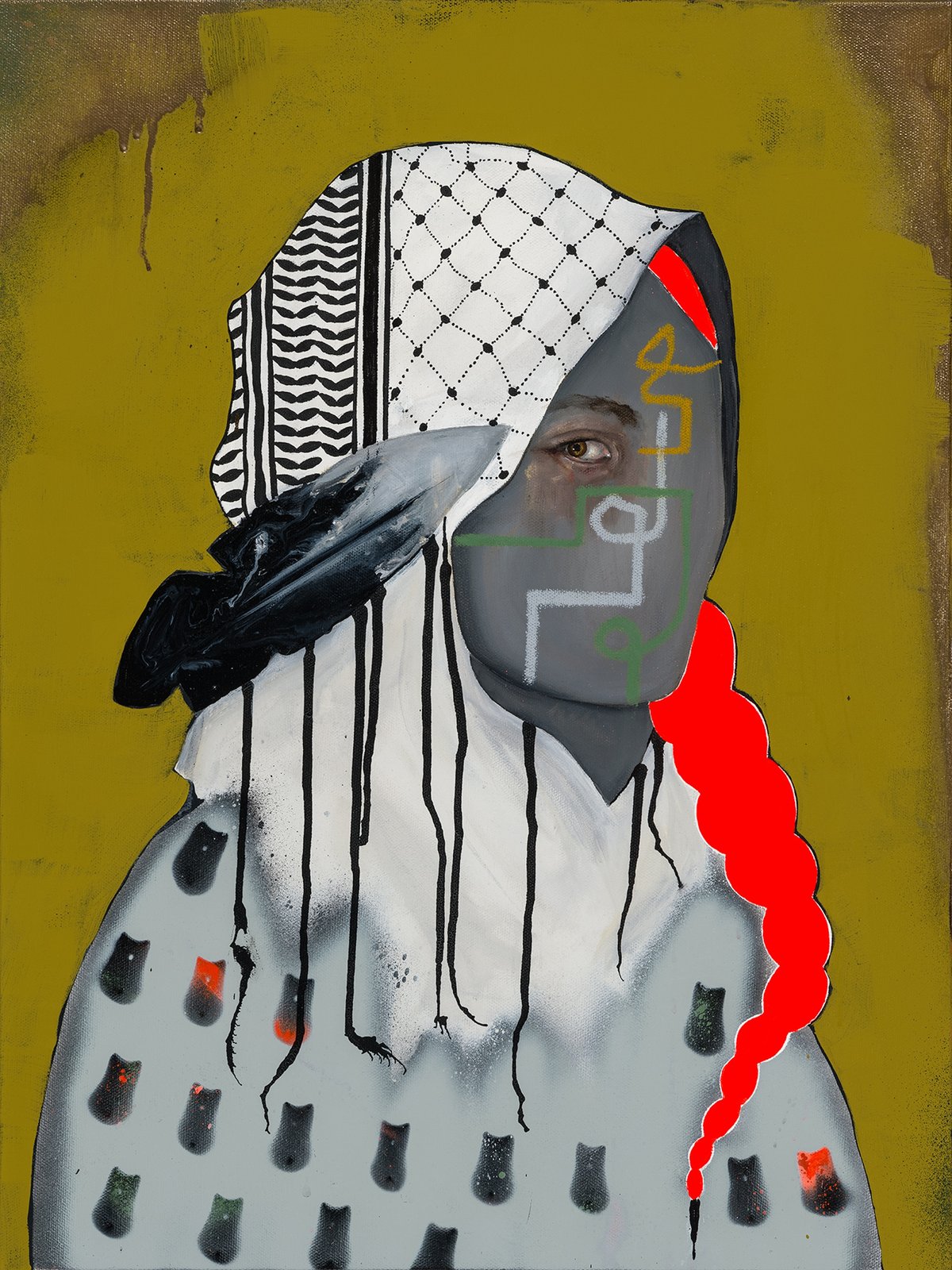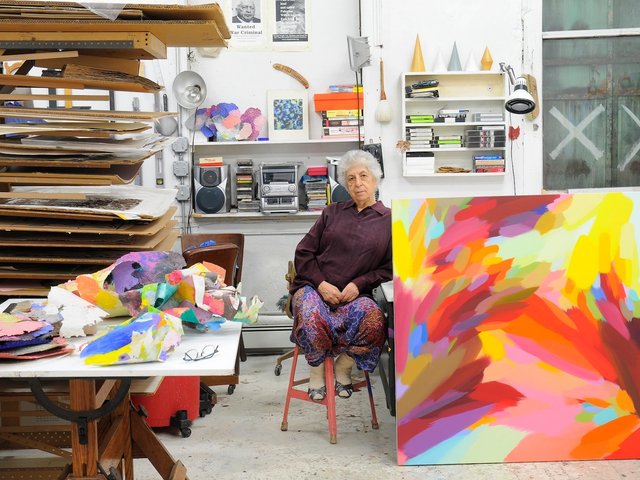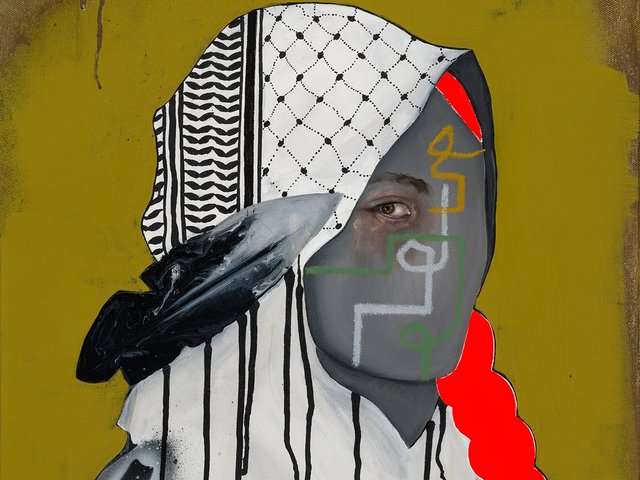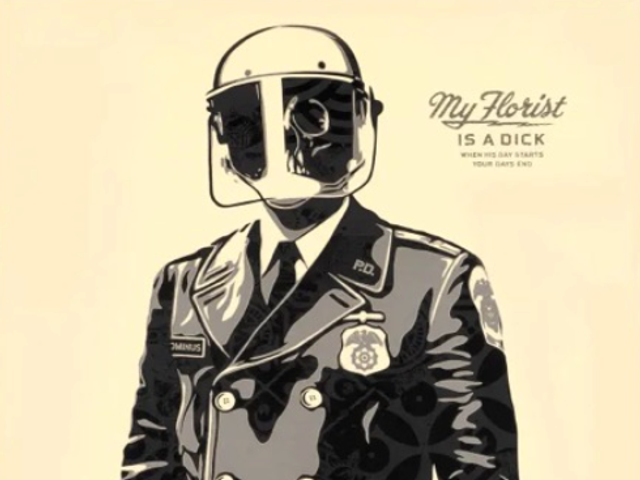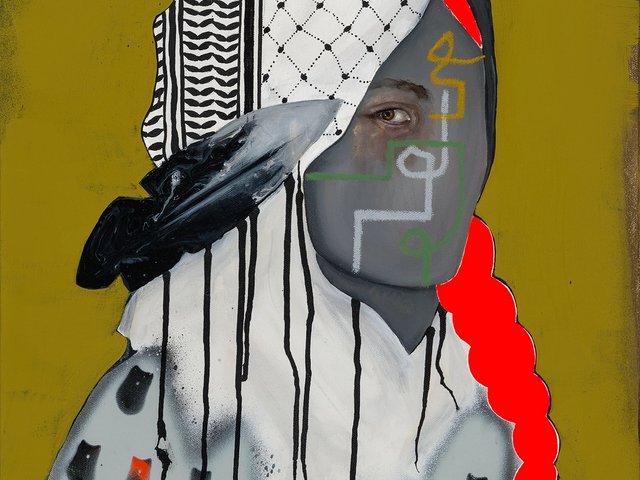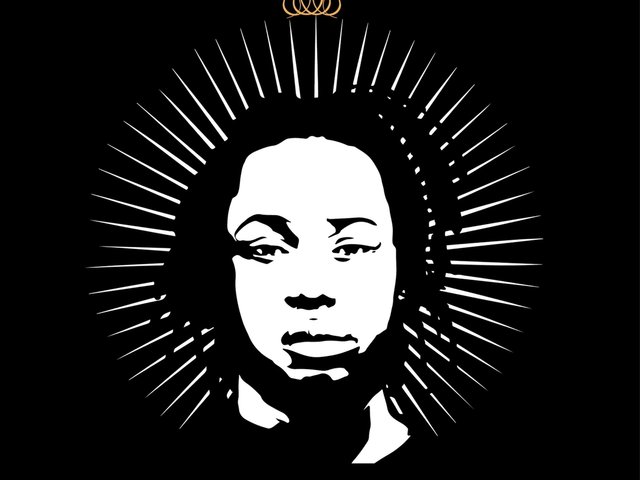The town of Vail, Colorado, agreed last week to settle a federal civil rights lawsuit brought by the American Civil Liberties Union (ACLU) of Colorado on behalf of Danielle SeeWalker, a Húŋkpapȟa Lakȟótaits artist. The ACLU and the law firm Newman McNulty sued the municipality in October 2024 for violations of free speech after the town cancelled SeeWalker’s art residency and mural commission due to an Instagram post in support of Palestine.
Tim Macdonald, the legal director at ACLU of Colorado, tells The Art Newspaper the case establishes a precedent that municipal and state governments cannot retaliate or target someone because they dislike or disagree with that person’s speech. He notes the terms of the settlement reflect SeeWalker’s desire to change the town’s public art policies.
The settlement’s terms include a five-year commitment to annual cultural sensitivity training for employees of Vail’s Arts in Public Places department conducted by an Indigenous-led organisation. The town of Vail is also committed to host and fund an annual powwow organised by SeeWalker for five years. A sponsored community forum on Israel and Palestine, and a newly funded art programme for underrepresented and economically disadvantaged people were also among the terms, in addition to a confidential payment.
Kate Nicholson, who previously served as an attorney in the civil rights division of the United State Department of Justice and now is an expert on the Americans with Disabilities Act, says SeeWalker successfully leveraged her power to change Vail’s behaviour with settlement terms that compel certain actions. Vail will “really walk the walk of diversity and free speech exercises”.
On 22 August, the town of Vail released a statement that reads in part: “As a public entity, the town was not willing to amplify messaging that made our residents or guests feel targeted based on background, religion, or any other inappropriate basis.” The town’s statement concludes by wishing SeeWalker well, but does not include an apology. Kris Widlak, the communications director for the town of Vail, declined to comment further.
“A public apology by them [Vail] at this stage would mean nothing because they didn’t even try to apologise to me since the beginning,” SeeWalker says. “However, since they agreed to all other terms, that speaks volumes that they know they did something wrong.”
From when the town of Vail initially invited SeeWalker for the residency and commission in January 2024 to the conclusion of the lawsuit this month, the artist says the biggest lesson she has taken from the experience is about the power of contracts. She reflected on the many phone calls, site visits, emails, texts and a press announcement over the past 19 months, “but what was lacking was a finalised contract. I trusted them based on all the planning and they kept telling me ‘it’s coming’. I’ve learned to get a contract in place from the get-go.”
SeeWalker’s painting that was at the centre of the dispute, G for Genocide (2024), will go on view this autumn at the non-profit Art at a Time Like This’s pop-up space in New York City (10-25 October).
The outcome in SeeWalker’s case is markedly different from the censorship case earlier this year involving the artists Fadl Fakhouri, Noel Maghathe and Fargo Tbakhi at the Whitney Museum of American Art’s Independent Study Program (ISP) in New York. When the performance No Aesthetics Outside my Freedom: Mourning, Militancy and Performance was cancelled by the museum for “exclusionary and inflammatory” content that dealt with the ongoing crisis in Gaza, hundreds of artists protested and wrote open letters of action, yet there were no lawsuits because the First Amendment of the US Constitution protects speech from discrimination with respect to the government. Although the City of New York made a $51.9m capital investment in the Whitney’s new building in 2008 and has been a critical resource for the institution, non-profits and private companies that suppress speech are often considered to occupy a legal grey area. Amid the uproar over the cancelled performance, the Whitney decided to suspend the highly-regarded ISP for a year.


